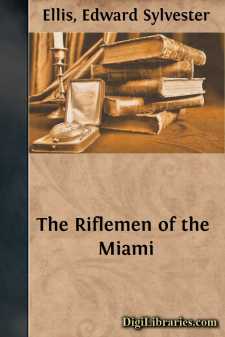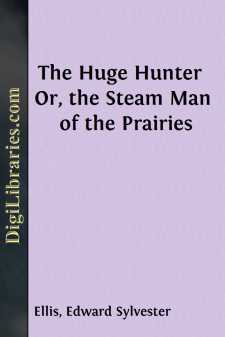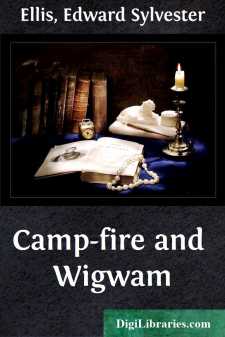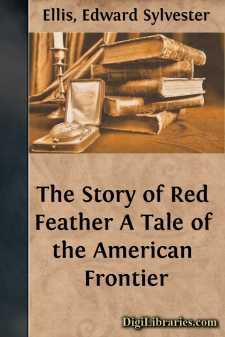Categories
- Antiques & Collectibles 13
- Architecture 36
- Art 48
- Bibles 22
- Biography & Autobiography 813
- Body, Mind & Spirit 141
- Business & Economics 28
- Children's Books 12
- Children's Fiction 9
- Computers 4
- Cooking 94
- Crafts & Hobbies 4
- Drama 346
- Education 46
- Family & Relationships 57
- Fiction 11826
- Games 19
- Gardening 17
- Health & Fitness 34
- History 1377
- House & Home 1
- Humor 147
- Juvenile Fiction 1873
- Juvenile Nonfiction 202
- Language Arts & Disciplines 88
- Law 16
- Literary Collections 686
- Literary Criticism 179
- Mathematics 13
- Medical 41
- Music 40
- Nature 179
- Non-Classifiable 1768
- Performing Arts 7
- Periodicals 1453
- Philosophy 64
- Photography 2
- Poetry 896
- Political Science 203
- Psychology 42
- Reference 154
- Religion 513
- Science 126
- Self-Help 83
- Social Science 81
- Sports & Recreation 34
- Study Aids 3
- Technology & Engineering 59
- Transportation 23
- Travel 463
- True Crime 29
The Riflemen of the Miami
Description:
Excerpt
THE RESCUE.
If it were done, when 'tis done, then 'twere well
It were done quickly.—Macbeth.
"Quick, boys, and be careful that they don't see your heads."
Four men were moving along under the bank of the Miami, with their bodies bent, at a gait that was almost rapid enough to be called a run. They were constantly raising their heads and peering over the bank, as though watching something in the wood, which in this section was quite open. All four were attired in the garb of hunters, and were evidently men whose homes were in the great wilderness. They had embrowned faces, and sinewy limbs, and the personnel of the woodman—of the men who hovered only upon the confines of civilization, rarely, if ever, venturing within the crowded city or village. It is hardly necessary to say that each carried his rifle and his hunting-knife.
Between the three foremost was a striking resemblance; it appeared impossible that more than five years divided them in age. Two were brothers, George and Lewis Dernor, while the third answered to the sobriquet of Dick—his real name being Richard Allmat. The fourth—he who brought up the rear—possessed an individuality which must have marked him in any situation. Barely more than five feet in height, and with bowed legs, instead of owning a jovial temper, as one would have a right to expect from his jolly-looking face, he was, in reality, a most irascible fellow. Never known to express satisfaction at any occurrence, gift or suggestion, he was constantly finding fault, and threatening dire vengeance upon those who surrounded him. These threats never being carried out, attracted little attention. "Tom" (as he was called) was considered a privileged individual, and, in spite of his disposition, was a favorite with those who knew him. This may seem strange when we add that, in addition to his sour temper, the natural defect of his legs prevented him from placing any dependence upon them. At his best speed he was but an ordinary runner. A stranger well might wonder that he should adopt a life where fleetness of foot was so necessary—in fact, so almost indispensable. Tom O'Hara turned ranger from pure love for the wild, adventurous life; and, despite the natural defects to which we have referred, possessed accomplishments that rendered him a most valuable ally and companion. He never had met his superior with the rifle, and his knowledge of woodcraft was such that, although he had spent ten years on the border, his slowness of foot had never operated against him; nor once had he been outwitted by the red-men of the woods. Besides this, he had the enviable reputation of being a lucky individual—one whose rifle never missed fire, or sped wide of its mark—one to whom no unfortunate accident over occurred; so that, take him all in all, few hunters were safer in the wood than this same Tom O'Hara.
These four were known as the Riflemen of the Miami, of whom Lewis Dernor was the leader. Another member, then a long way off, will be referred to hereafter....



![Adrift on the Pacific
A Boys [sic] Story of the Sea and its Perils](https://digilibraries-com.s3.eu-central-1.amazonaws.com/covers/5b1ab9f1-643e-492e-89a5-0a940f25d89d.jpg)








